
We bring hope to
children with
cancer
About
Cancer in children is rare but when it happens, clinically prescribed treatment options are not always as efficient as one would hope. Of those that are cured, a substantial proportion suffer long-term serious health consequences from the intensive treatments that are currently required. A major reason for cancer being so difficult to treat effectively is that cancer cells undergo many random changes, which means that each cancer has an essentially unique combination of molecular characteristics. To address this problem, it is important to develop ways of specifically tailoring treatment combinations for the molecular profile of each individual cancer, to maximize cures and to minimize short- and long-term treatment side-effects.
Vision
The project team will focus on identifying effective personalized medicine for paediatric cancers and will address a multitude of challenges. To meet these challenges, a comprehensive computational effort to combine knowledge base, machine-learning, and mechanistic models to predict optimal standard and experimental therapies for each child will be proposed. We will produce, assemble, standardize, and harmonize accessible high-quality multi-disciplinary data and leverage the potential of Big Data and HPC for the personalized treatments of European citizens. While the ever-present complexities of cancer continue to challenge our scientific community, it is reassuring that European projects like iPC are using the latest technology and brightest minds to find solutions which, in turn, usher in better patient care.
Keyfacts
Reference
Reference Number:
826121
Programme type:
Horizon 2020
Programme acronym:
H2020-ICT-2018-2
Duration
Project Start:
01.01.2019
59 Months
Cost and Funding
Costs: € 15.066.525,00
Funding:
97,89% EU-funded

Motivation
While the ever-present complexities of cancer continue to challenge our scientific community, it is reassuring that European projects, such as iPC are using the latest technology and brightest minds to find solutions, which, in turn, usher in better patient care. To sum up, iPC will address the critical need for personalized medicine for children with cancer, contribute to the digitalization of clinical workflows, and enable the Digital Single Market of the EU data infrastructure.
Mission and Objectives
The goal of the iPC project is to collect, standardize and harmonize existing clinical knowledge and medical data and, with the help of artificial intelligence, create treatment models for patients. Armed with these treatment models, scientists will then test them on virtual patients to evaluate treatment efficacy and toxicity, thus improving both patient survival and their quality of life.
To accomplish our goals, we have assembled an interdisciplinary team consisting of basic, translational, and clinical researchers—all amongst the leaders in their respective fields—and established strong relationships with European Centres of Excellence, patient organizations, and clinical trials focus on personalized medicine for our proposed case studies. In summary, iPC will address the critical need for personalized medicine for children with cancer, contribute to the digitalization of clinical workflows, and enable the Digital Single Market of the EU data infrastructure.
Work Packages
WP1

Data collection and generation
01.01.2019
30.11.2023
Detailed information
Data from a variety of molecular assays, including large-scale tumour profiling, molecular perturbation and drug-response assays in pre-clinical models will be collected to inform tumour and drug modeling efforts.
WP2

Platform Implementation
01.01.2019
30.11.2023
Detailed information
The overall objective of work package 2 is to implement the central platform for iPC, which covers both computational needs and data handling for the project.
WP3

Big data analysis of available data sources
01.03.2019
31.12.2021
Detailed information
Work package 3 will provide the molecular networks at the foundation of the different components of the virtual patient and enable the identification of common processes that might drive cellular behavior across different paediatric cancers.
WP4
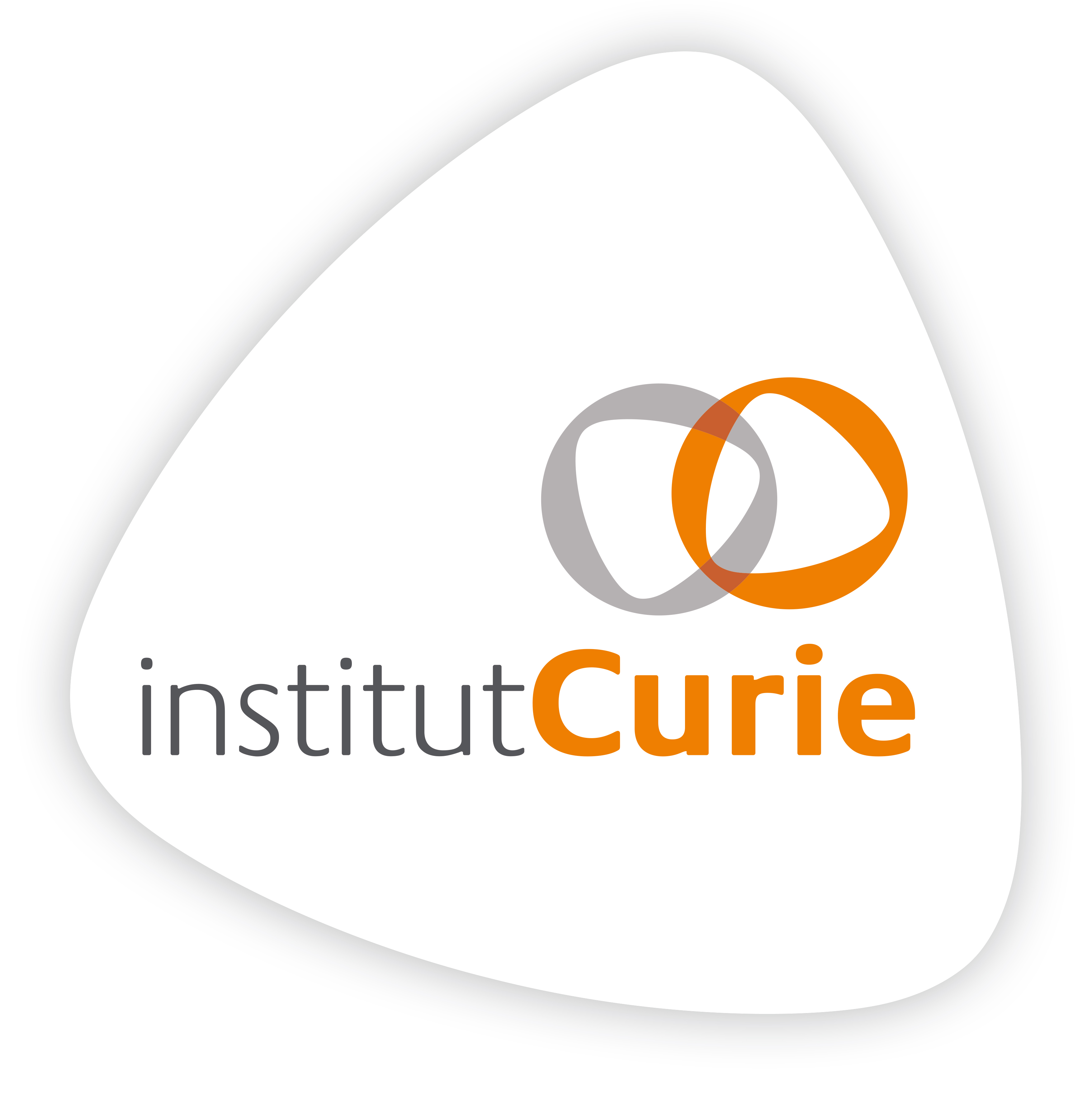
Network-based meta-analysis of mulit-omics and text-mined data
01.06.2019
31.12.2021
Detailed information
Work package 4 will apply network-based techniques to exploit the body of datasets and text-mined data gathered in work package 1.
WP5
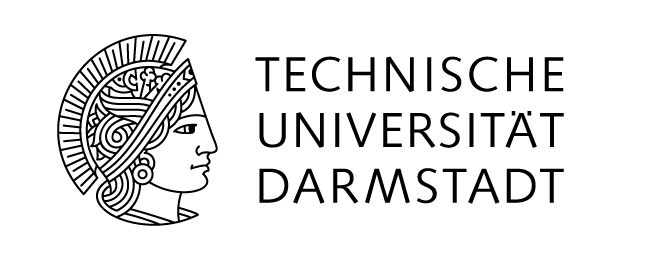
Blending machine learning and mechanistic models
01.01.2019
30.11.2023
Detailed information
Multi-omics data, cell-type information, patient and drug data generated in work package 1, made available in work package 2 and analyzed in work package 3 and work package 4 will be integrated into a queryable data structure based on a relational graph.
WP6
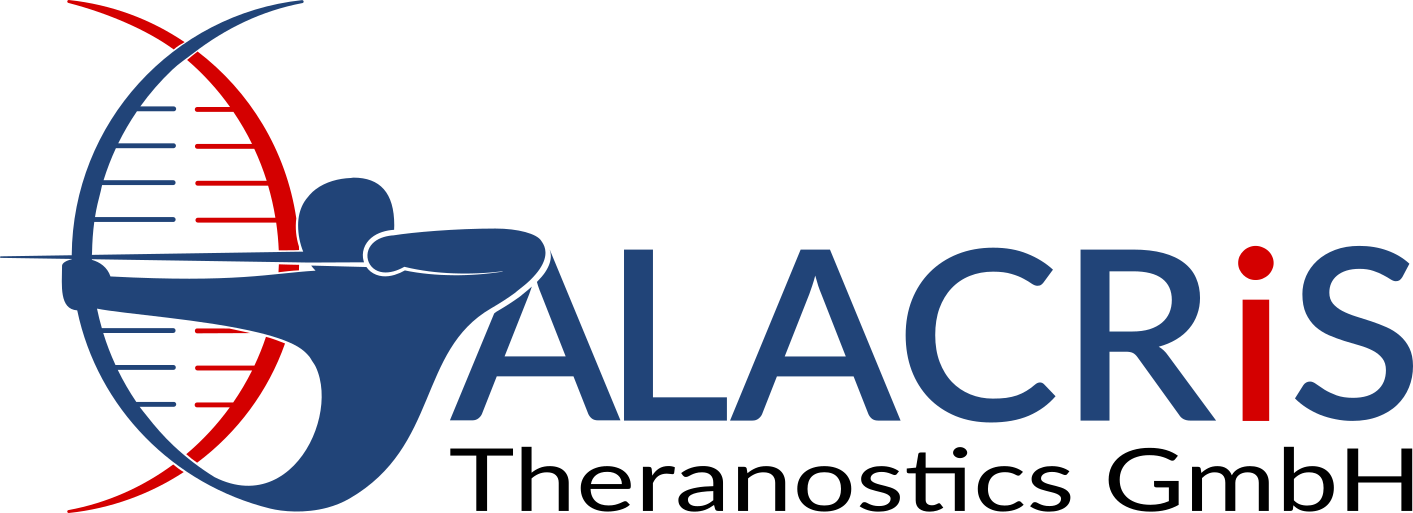
Mechanistic and agent-based models
01.01.2019
30.11.2023
Detailed information
Work package 6 will develop optimized mechanistic models to establish virtual patient models for functional analysis and predictive modeling of targeted treatment effects for paediatric cancers.
WP7

Transcriptomic models for clonal deconvolution, intratumoural heterogeneity and non-coding elements
01.01.2019
31.12.2021
Detailed information
Work package 7 will develop methodologies for the accurate analysis of RNAs, including coding and non-coding elements.
WP8
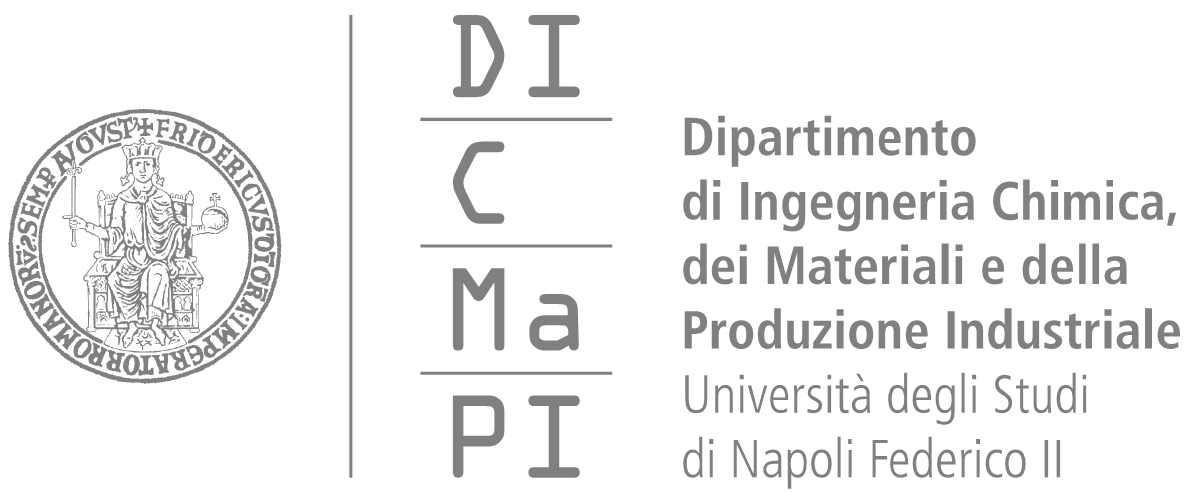
Mulit-omics and metabolomic models for drug discovery
01.01.2019
30.11.2023
Detailed information
Work package 8 aims to develop virtual patient-specific computational models to predict response to small molecules/siRNAs from patient-specific data and to identify therapeutic molecular targets.
WP9
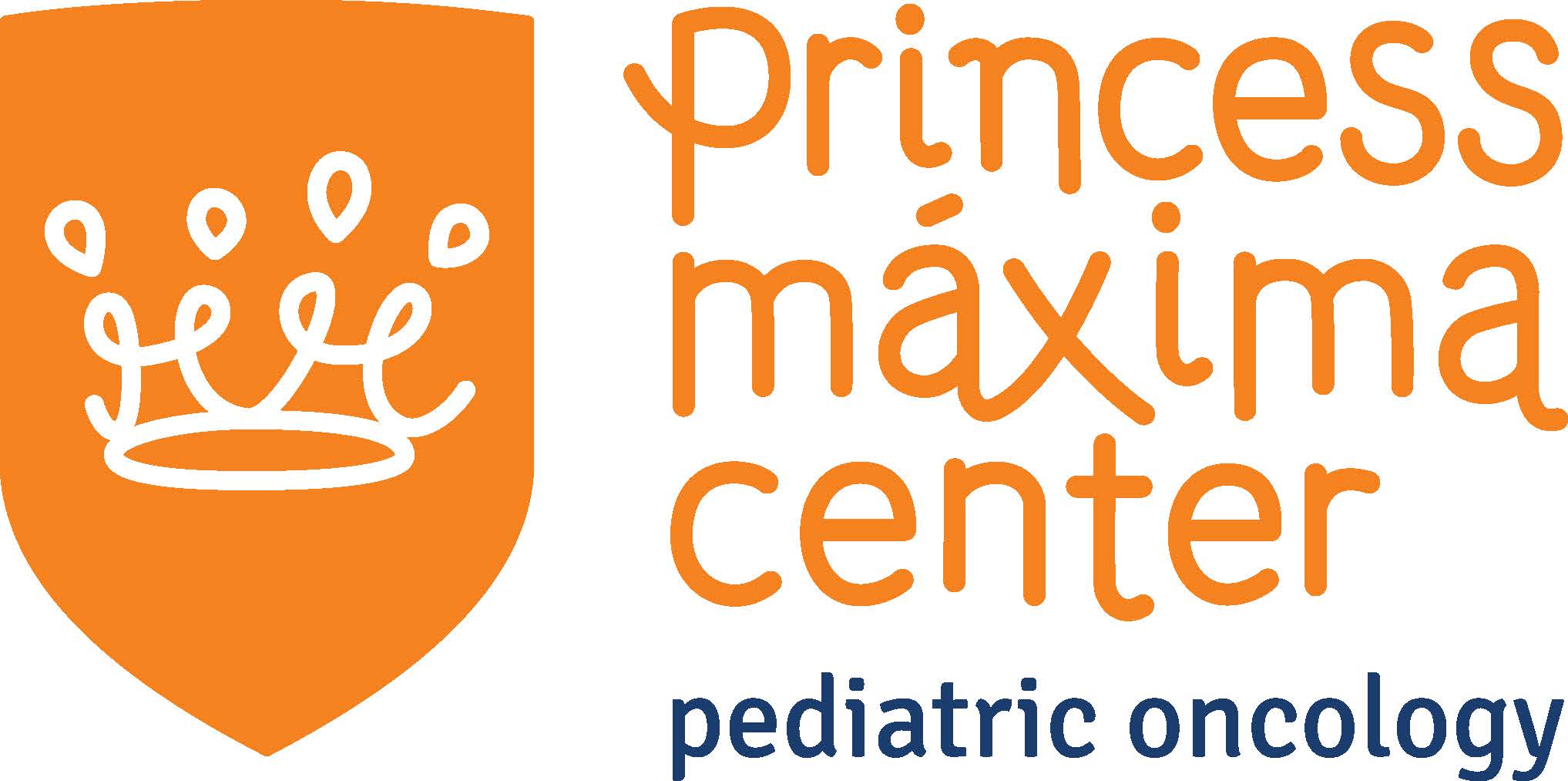
Use cases and validation
01.01.2020
30.11.2023
Detailed information
Work package 9 will characterise predictive models, generate highdimensional single cell immune omics data and validate treatment response prediction using preclinical models.
WP10
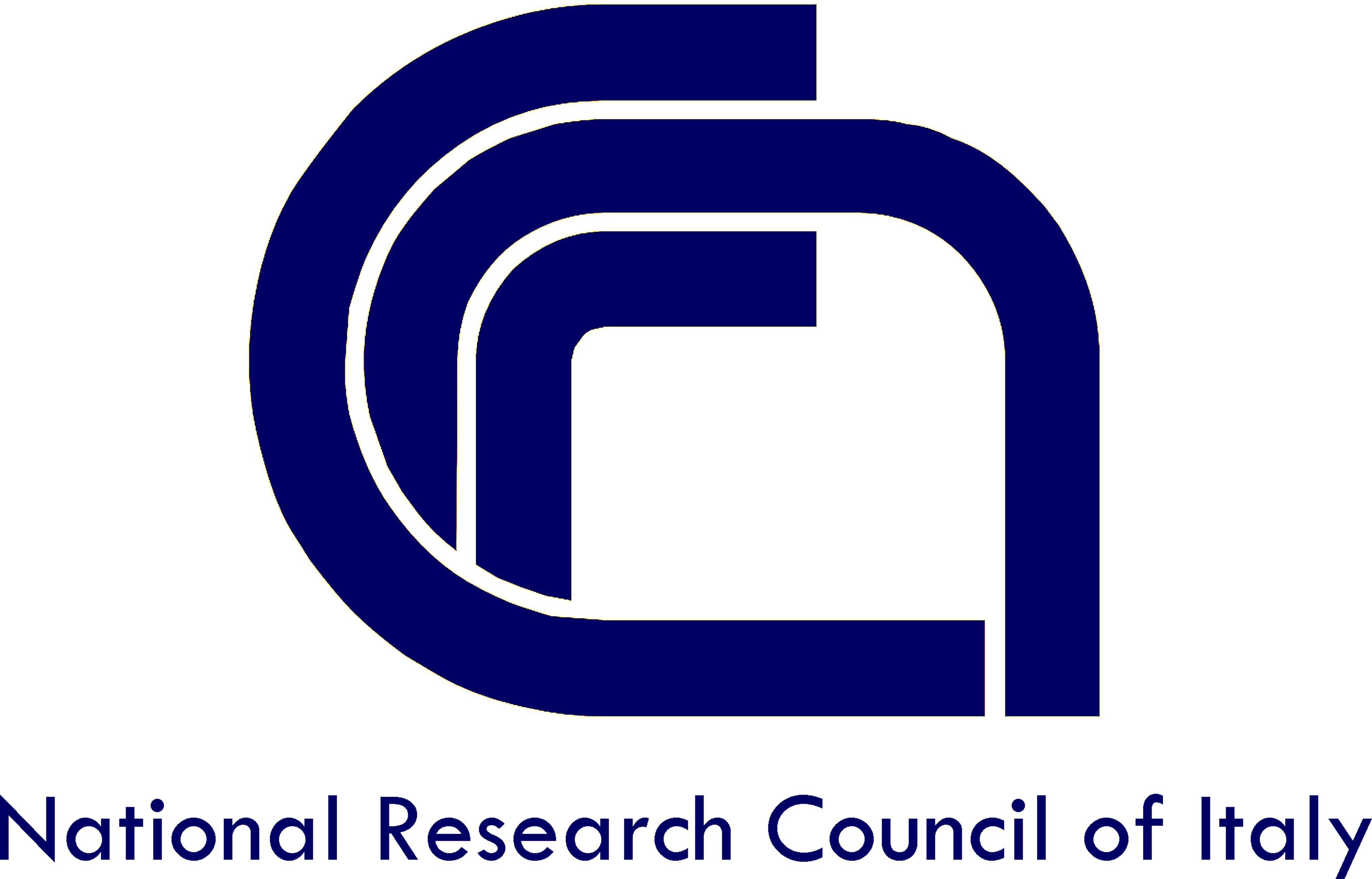
Communication, dissemination, exploitation and training
01.01.2019
30.11.2023
Detailed information
Dissemination activities will deliver iPC results to relevant audiences throughout the duration of the project and establish a corporate identity.
WP11

Ethics and legal aspects, project, risk and innovation management
01.01.2019
30.11.2023
Detailed information
Work package 11 is responsible for the operational management and technical vitality of the iPC project encompassing management components on contractual, financial, legal, technical, administrative and ethical levels.
WP12

Ethics requirements
01.01.2019
30.11.2023
Detailed information
Consideration of questions related to ethics-related issues.
